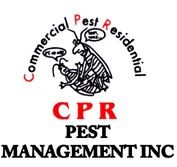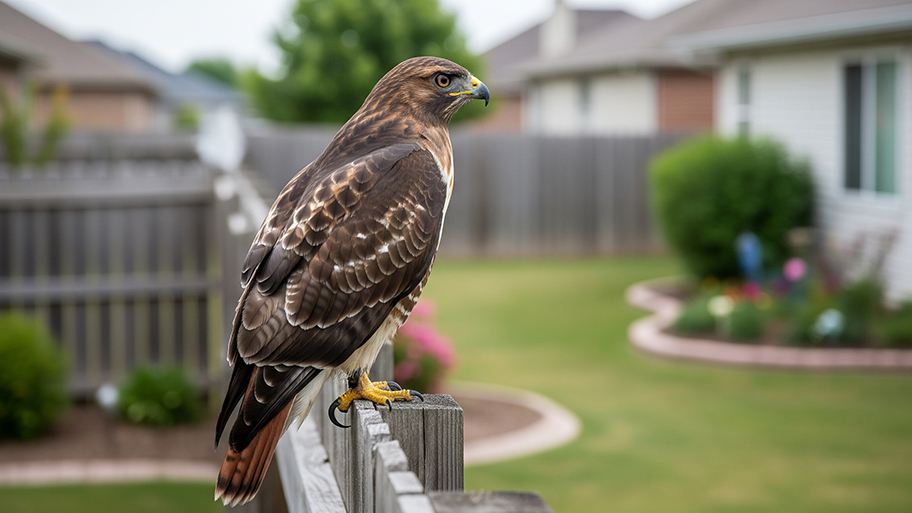
Get matched with top animal removal specialists in Eureka, KS
Enter your zip and get matched with up to 5 pros
Need a pro for your animal removal project in Eureka, KS?
Verified Reviews for Animal Removal pros in Eureka, KS
*The Angi rating for Animal Removal companies in Eureka, KS is a rating based on verified reviews from our community of homeowners who have used these pros to meet their Animal Removal needs.
*The HomeAdvisor rating for Animal Removal companies in Eureka, KS is a rating based on verified reviews from our community of homeowners who have used these pros to meet their Animal Removal needs.
Last update on December 04, 2025
Find Animal removal specialists in Eureka
Meneely Wildlife Control
Meneely Wildlife Control
Wildlife removal, wildlife control and pest animal remediation. We remove any vertebrae pest animals to include: armadillos, bats, birds, raccoon, skunk, opossum, coyote, squirrel, gopher, mole, fox, badger, beaver, snakes, groundhog dead animal removal, etc.
Wildlife removal, wildlife control and pest animal remediation. We remove any vertebrae pest animals to include: armadillos, bats, birds, raccoon, skunk, opossum, coyote, squirrel, gopher, mole, fox, badger, beaver, snakes, groundhog dead animal removal, etc.
Xtreme Wildlife Solutions
Xtreme Wildlife Solutions
Xtreme Wildlife Solutions, LLC provides professional wildlife control for both residential & commercial customers in the states of Kansas and Missouri. We offer custom animal control solutions for almost any type of wildlife problem, whether it be the noises of squirrels running through the attic, a colony of bats living in a building, or the destructive behavior of a raccoon or other critter, we have the experience and the tools to quickly and professionally solve your problem. For a consultation, give us a call at 913-709-1612.
Xtreme Wildlife Solutions, LLC provides professional wildlife control for both residential & commercial customers in the states of Kansas and Missouri. We offer custom animal control solutions for almost any type of wildlife problem, whether it be the noises of squirrels running through the attic, a colony of bats living in a building, or the destructive behavior of a raccoon or other critter, we have the experience and the tools to quickly and professionally solve your problem. For a consultation, give us a call at 913-709-1612.

CPR PEST MANAGEMENT
CPR PEST MANAGEMENT
We have 4 state cert. techs and a biologist on staff.
We have 4 state cert. techs and a biologist on staff.
The Eureka, KS homeowners’ guide to animal removal services
From average costs to expert advice, get all the answers you need to get your job done.

When budgeting for possum removal costs, consider number of animals, location, method of removal, and whether you do it yourself or hire a professional.

When calculating wildlife removal costs, you’ll need to consider the type, size, and amount of animals. Our guide will show you the wildlife removal cost.

Squirrel removal costs vary depending on the location, removal techniques, and any follow-up. This guide will help you budget for quick and safe eradication.

Hawks are expert overhead hunters. To protect your pets and the little birds visiting your backyard, learn how to keep hawks away with these humane strategies.

Badgers can wreak havoc on lawns and gardens with their constant digging. Learn how to get rid of badgers effectively with this helpful guide.

Your swimming pool wasn’t meant to be a makeshift pond. Dead frogs and frog eggs aren’t fun to deal with, either. Find out how to keep frogs out of the pool.
- Leon, KS Animal removal specialists
- El Dorado, KS Animal removal specialists
- Fredonia, KS Animal removal specialists
- Towanda, KS Animal removal specialists
- Augusta, KS Animal removal specialists
- Benton, KS Animal removal specialists
- Douglass, KS Animal removal specialists
- Whitewater, KS Animal removal specialists
- Andover, KS Animal removal specialists
- Chanute, KS Animal removal specialists
- Rose Hill, KS Animal removal specialists
- Sedan, KS Animal removal specialists
- Thayer, KS Animal removal specialists
- Bel Aire, KS Animal removal specialists



